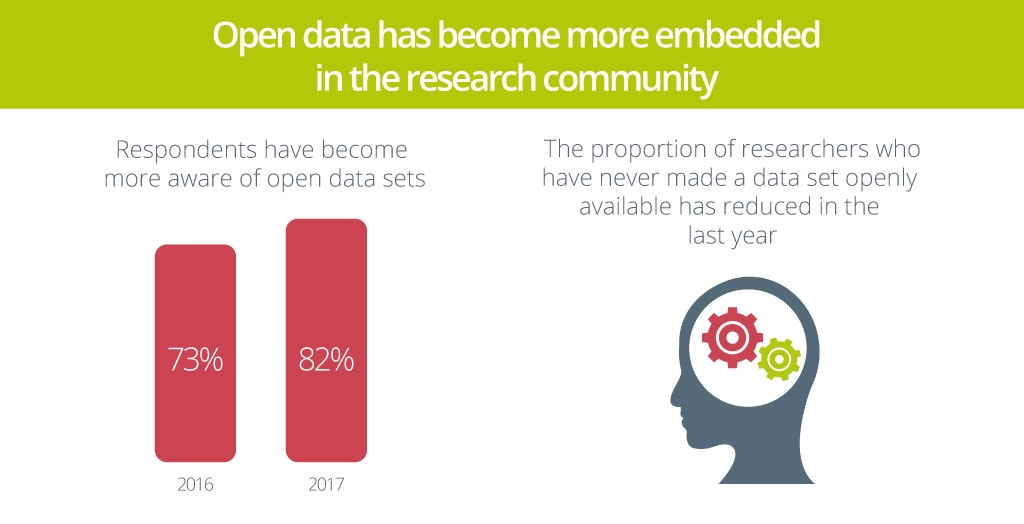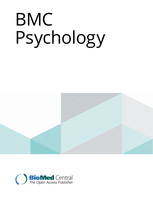COMPare: a Prospective Cohort Study Correcting and Monitoring 58 Misreported Trials in Real Time
COMPare: a Prospective Cohort Study Correcting and Monitoring 58 Misreported Trials in Real Time
This is the first empirical study of major academic journals’ willingness to publish a cohort of comparable and objective correction letters on misreported high-impact studies.











